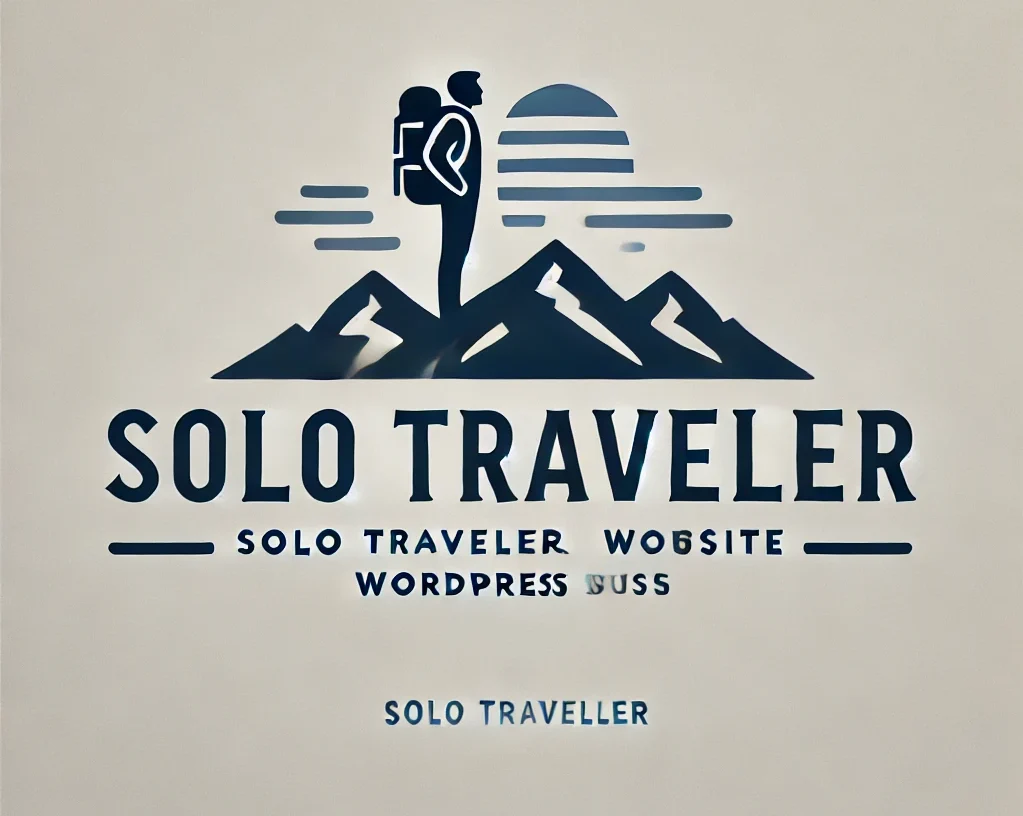Exploring Spain Alone: Top Safety Advice and Cultural Must-Sees
Spain offers a vibrant, culturally diverse, and empowering experience for solo travelers. With its welcoming atmosphere and extensive tourist infrastructure, it offers a variety of destinations, but careful planning is essential for a safe and enjoyable trip.
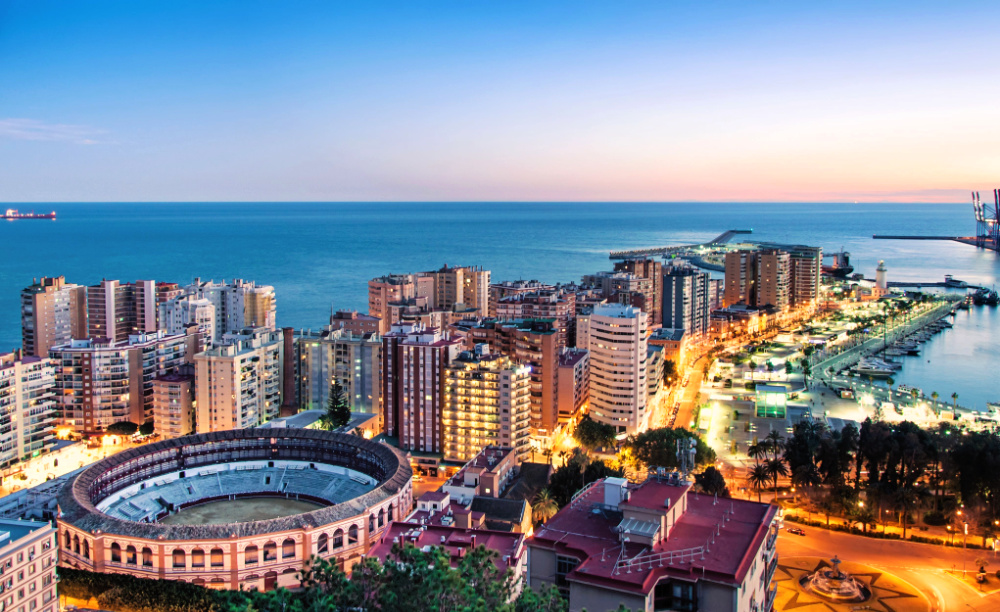
Safety Tips for Solo Travelers in Spain
Personal Safety :
- Avoid petty crimes like pickpocketing and bag snatching in busy areas.
- Keep personal belongings close and use crossbody bags with zippers and money belts.
- Be aware of pickpocketing in cities like Barcelona and Madrid.
Transport Safety :
- Spain’s public transportation system is efficient and safe.
- Plan routes ahead of time and avoid late-night travel in isolated areas.
- High-speed AVE trains are convenient for long distances and local buses and trains for shorter trips.
Solo Dining and Socializing :
- Spain is a sociable country, making dining alone or with new friends socially acceptable.
- Spanish people are open to conversation, especially in communal settings like tapas bars.
Emergency Numbers :
- Spain’s emergency services number is 112, for police, fire, or medical assistance.
Discovering Spain’s Culture
Spain’s culture is a fascinating mix of ancient traditions and modern influences. Immersing yourself in this rich cultural landscape is one of the highlights of a solo trip to the country.
- Language and Communication : Although Spanish (Castilian) is the official language, many regions in Spain have their own languages, including Catalan in Barcelona, Basque in Bilbao, and Galician in Santiago de Compostela. Although English is widely spoken in popular tourist destinations, learning a few basic Spanish phrases will greatly enhance your experience and interactions with locals. It also demonstrates respect for the local culture and can be useful in breaking the ice with new people.
- Local Practices and Etiquette : Spain has a laid-back atmosphere, but it’s important to be aware of certain cultural norms. For example, greetings are typically accompanied by a kiss on each cheek, especially in social situations. Siesta, or afternoon break, is still practiced in many parts of the country, particularly in small towns. Shops and restaurants may close in the early afternoon and reopen in the evening, so plan your day around these breaks.
- Festivals and Traditions : Spain is known for its vibrant festivals, which allow solo travelers to witness traditional customs and meet locals. Popular events in Spain include the San Fermín festival in Pamplona, La Tomatina in Buñol, and the week-long Semana Santa celebrations during Easter. Participating in these festivities is an excellent way to gain firsthand experience with Spain’s passionate culture.
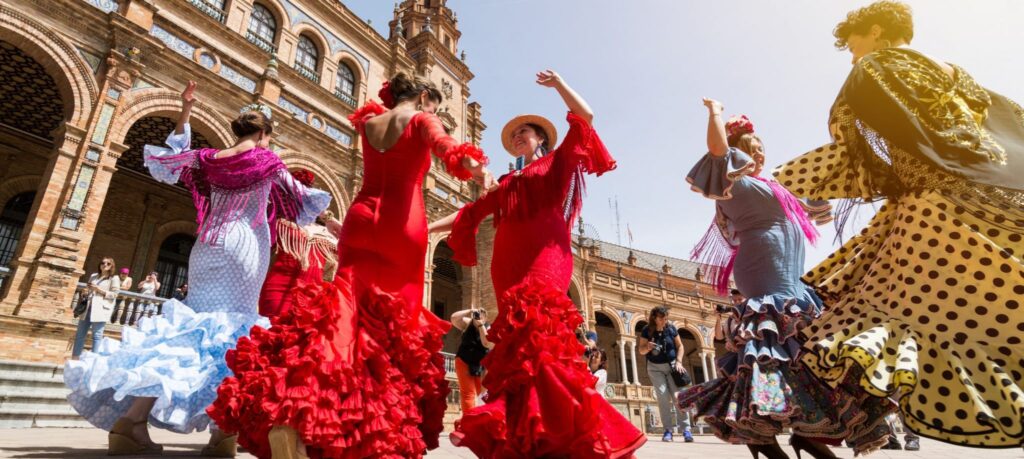
Must-See Places in Spain for Solo Travelers
Spain has a wide variety of attractions, from historic cities to natural wonders. These must-see destinations are ideal for solo travelers seeking a mix of sightseeing, adventure, and relaxation.
- Barcelona: A must-see for solo travelers due to its rich artistic and architectural heritage. Highlights include Antoni Gaudí’s works and the Gothic Quarter.
- Madrid: A must-visit for solo travelers with world-class museums, shopping, and vibrant nightlife.
- Seville: Known for its Moorish architecture and rich history, Seville is a picturesque city with live Flamenco music and dance performances.
- Granada: Nestled at the foot of the Sierra Nevada mountains, Granada is home to the Alhambra, a palace and fortress complex.
- The Camino de Santiago: A popular pilgrimage route offering spiritual connection, natural beauty, and solitude.
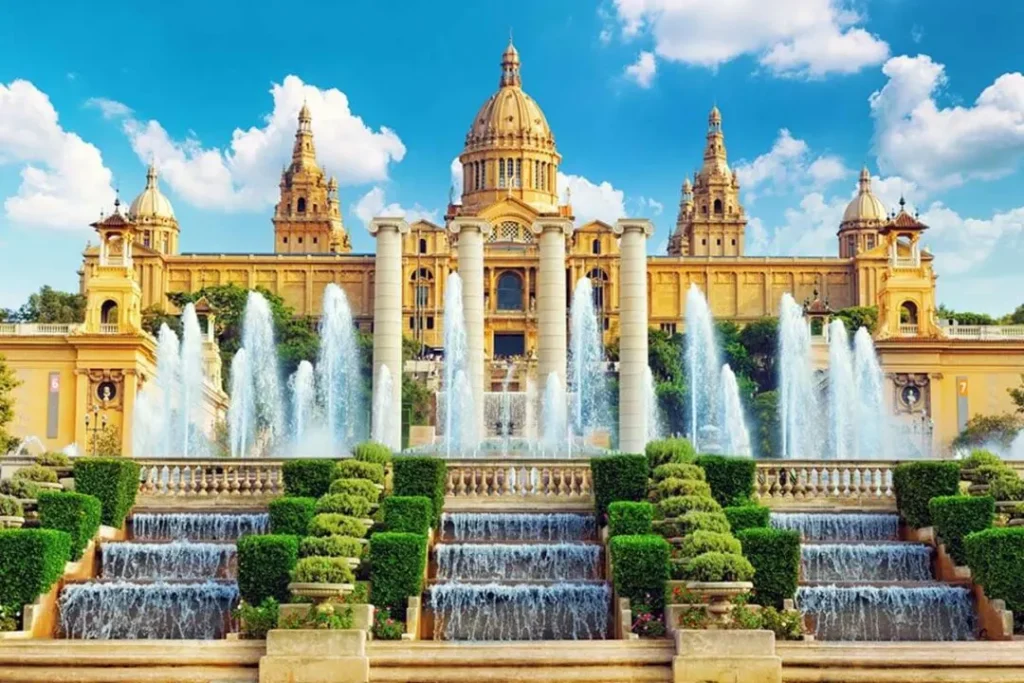
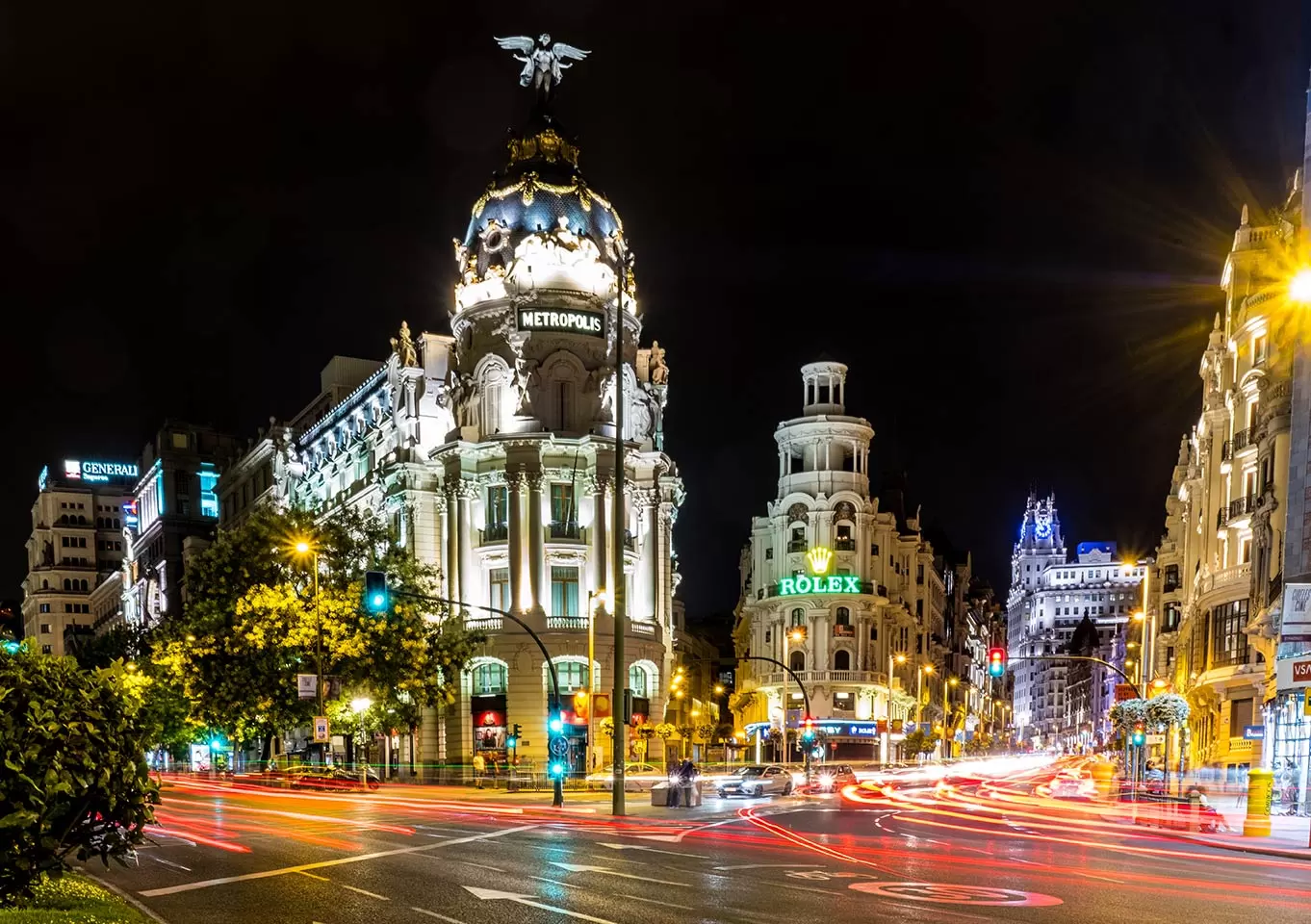
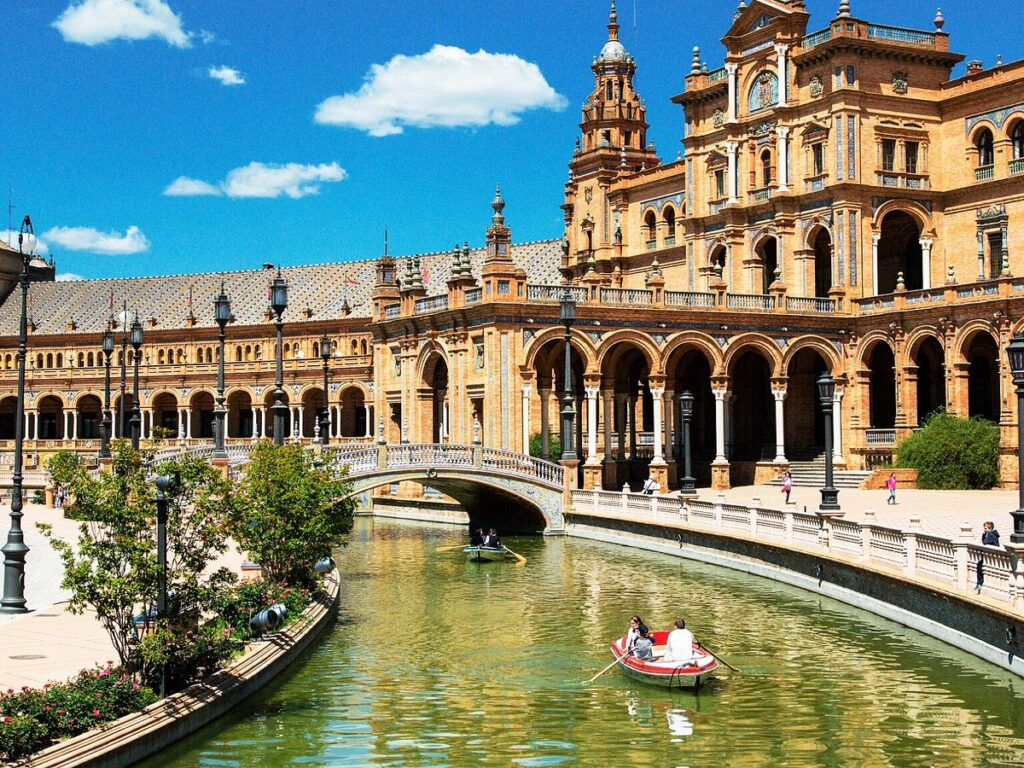
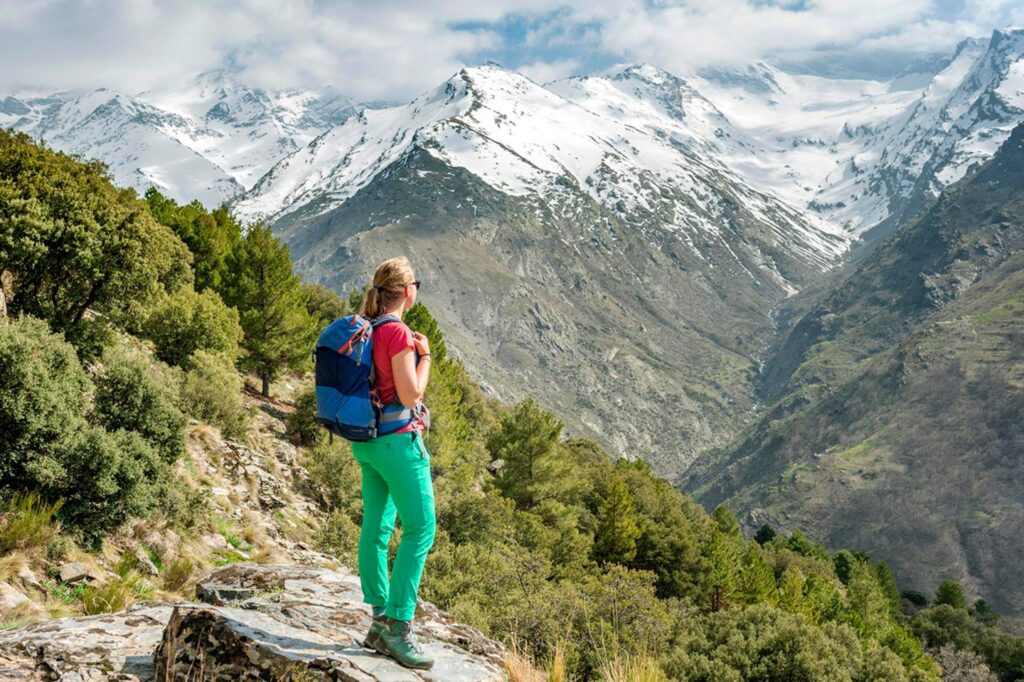
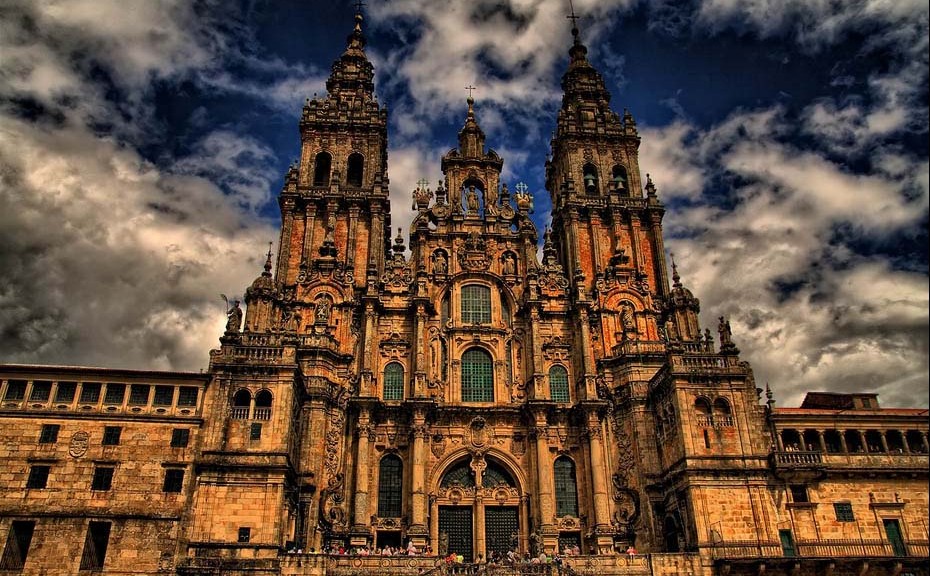
- Conclusion : Solo travel in Spain offers a unique opportunity to explore its rich history, culture, and natural beauty. With proper safety precautions and an open mind, travelers can enjoy vibrant cities, delicious cuisine, and diverse regions.
